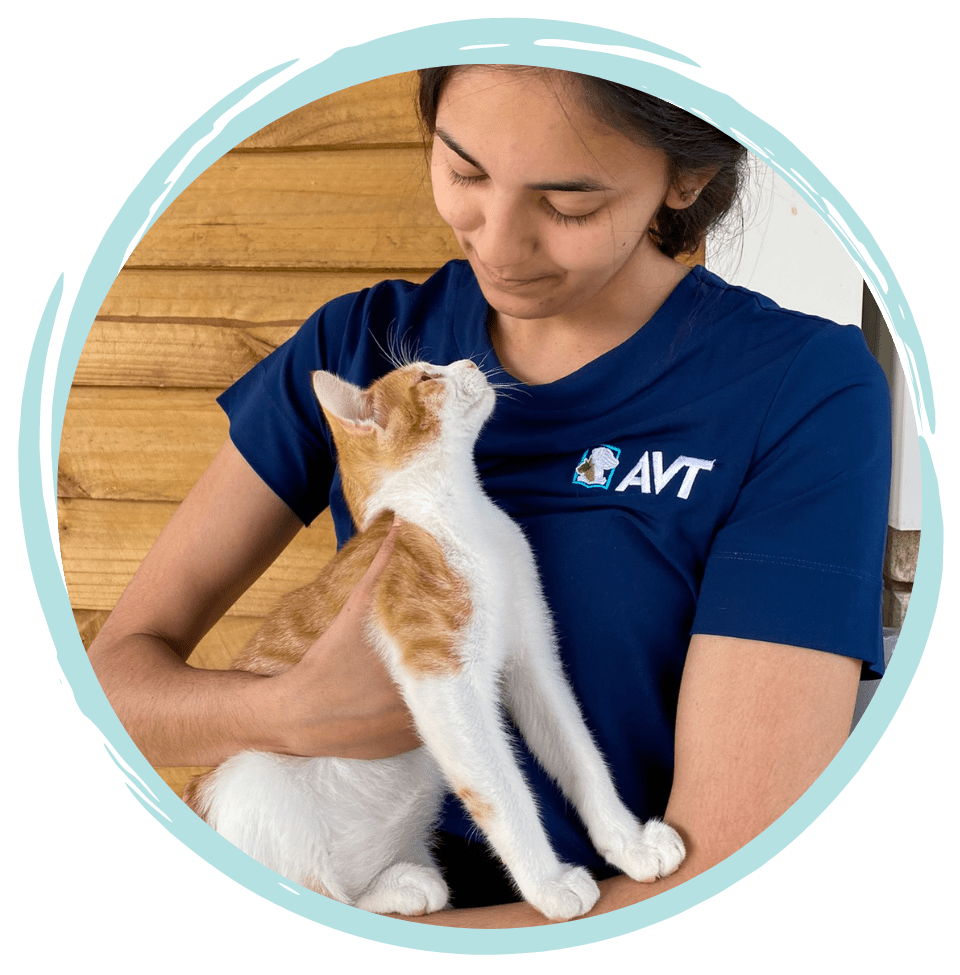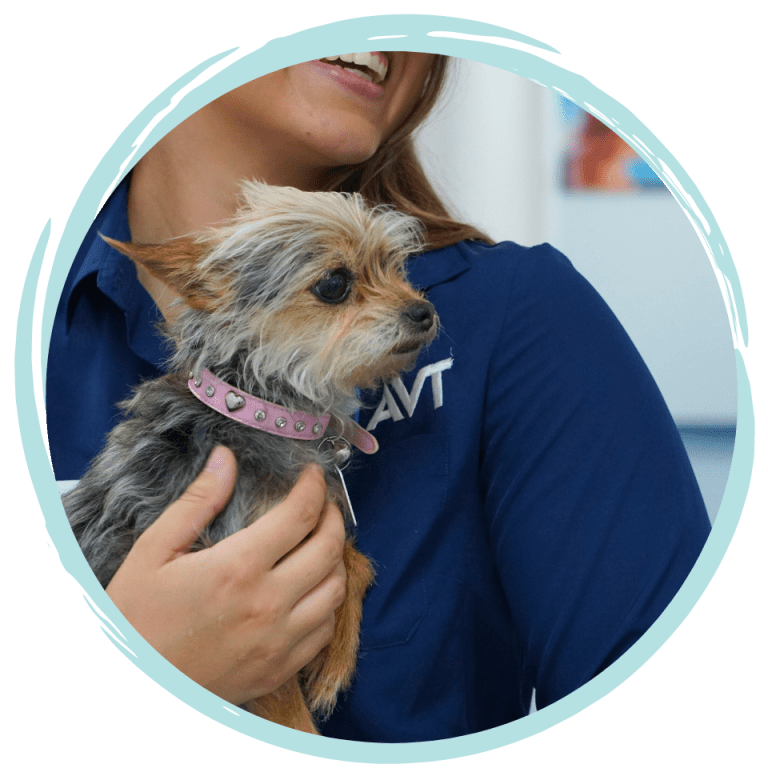
There is no doubt that working with animals can be an incredibly rewarding experience, which offers immense job satisfaction. However, when contemplating the prospects of any career choice there’s a few things we suggest you consider. Here are our top 6 tips.
Think about the tasks you like and do not like doing? Is there something that you can imagine yourself doing each and every day? Something that inspires you, something you are passionate about? Well, if one of those things is caring about the welfare and health of animals then the animal care industry might just be for you.
It is vital to look beyond the image of the job – look into what is REALLY involved on a day-to-day basis. Read job adverts, job descriptions, blog posts, professional journals, and websites. Talk with people who are working in the field; most people will be happy to talk about their job and will give you a realistic picture of the good and bad.
People that work with animals rarely do it for a financial reward and rarely work a routine 9-5, 5 day work week. Also, working with animals typically involves a significant amount of interaction with people, a lot of hands-on work including cleaning and standing on your feet all day.
On the flipside, no two days will ever be the same and each and every day will provide you with a new challenge and problem to solve.
If you think the industry is a right fit for you, narrow your interests down so you can get an idea of the type of organisation you would like to work in and the role you desire. Do you want to work with companion animals (pets) or exhibited animals (Zoo or Wildlife)? Do you prefer large animals like horses and livestock or small animals like cats and dogs? Are you passionate about animal welfare (Animal Shelter/Refuge Centre) or prefer the idea of working in a daily care role (Dog Kennel or Cattery)? Do you love the idea of participating in animal rehabilitation programs (Wildlife Rehabilitation), or would you rather make a difference from afar such as in retail including a Pet Shop ?
These questions will help you determine your ideal work environment so you can start thinking about a suitable career. For instance: Can you handle repetitive tasks (Dog Groomer) or would you prefer each day to be different (Veterinary Nurse)? Do you prefer managing a team of people (Pet shop Manager), or would you prefer to contribute as part of a team (Kennel hand)? Do you want a hands-on role caring for animals daily (Animal Attendant)?
Volunteering is a fantastic way to get a feel for the animal care industry. There are many non-profit rescue and rehabilitation based organisations throughout Australia that provide volunteers with an opportunity to help out and in return, you will get a taste of what it is like to work with animals.

Once you have an idea of the field, work environment, and role you see yourself in, it’s time to consider your existing skills and experience and what you need to secure your first position. There are several nationally recognised qualifications available that are highly desired by employers in the animal care industry. You will see these qualifications frequently listed in advertised job vacancies. The benefit of getting certified is the practical hands-on experience you will gain as part of completing a course.
The animal care industry encompasses hundreds of different possible career paths, from working with domestic pets in a vet clinic, kennel or cattery, to rescuing and rehabilitating wildlife! It can be a difficult task to narrow down what area of the industry you are interested in, so here are some useful tips on how to do just that!
Decide what type of animal species interest you e.g. cats and dogs or farm animals or wildlife.
Evaluate the career or field that best matches your skills, abilities and personal characteristics.
Don’t limit yourself, there may be more than one area of the industry that interests you.
This can often be one of the most challenging aspects of starting a career in a new industry! Most employers are looking to hire individuals with proven skills and experience. However, how can you get the skills and experience if no one will give you a chance!
Vocational training can be a great way to break into a new industry as it combines learning the theory with a practical industry placement, providing students with the opportunity to gain a nationally accredited qualification together with the knowledge, skills and experience needed to start their new career.
All AVT qualifications combine theory with workplace practical training and allow students to tailor their course to the area of the animal care industry that interests them. We offer courses for every level.

Once you’ve decided you want to work with animals, the next step is discovering which role might be the best fit for you. Whether you’re drawn to vet nursing, dog training, pet grooming, or hands-on animal care, there’s a wide variety of rewarding careers to consider.
We’ve created a dedicated Animal Care Careers page where you can explore detailed career profiles. Each one outlines what the role involves, the skills and qualifications you’ll need, potential career pathways and tips for getting started.
Explore career profiles and find your path→
Choose a nationally recognised and accredited course to suit your interests and experience
This is an ideal starting point for those with very little or no prior knowledge or experience working with animals. This course is designed to give you valuable animal care skills and knowledge. It is also the minimum pre-requisite for the Veterinary Nursing qualification should you wish to study to become a qualified Veterinary Nurse. Study online or take one of our intensive on-campus courses.
A course specifically designed to provide you with the knowledge and skills required to start your career as a veterinary nurse. We combine a high standard of theoretical knowledge with intensive practical training in veterinary practice so that you gain the competence and confidence required for this exciting and rewarding career. Study online or on-campus.
This course is ideal for those who may have already gained some experience in the industry and are looking to consolidate their skills and knowledge with a nationally accredited qualification. This course also offers the next step in a pathway for those who have completed a Certificate II level qualification. Study online or at the RSPCA WA.
Suitable for those who have some experience in the animal care or animal training industry and are looking to gain a national qualification and become a qualified dog trainer. AVT Graduates are IMDT certified as well as nationally accredited. Study via blended learning.
It can be a daunting prospect to decide on a career pathway or pursue a change of career. However, by following these steps, you can ensure that you make the right choice for your future. By choosing a career you love, you will never work another day!
Read some of our latest articles about working in the industry, qualifications, careers and more:-

Depending on your level of experience with animals, ACM20121 Certificate II in Animal Care and ACM30122 Certificate II in Animal Care Services are great places for students to start who have completed high school.
To learn more about your options, visit our High School Graduates page.
This site is protected by reCAPTCHA and the Google Privacy Policy and Terms of Service apply.
The leader in delivery of Australian Nationally Recognised Qualifications including ACM20121 Certificate II in Animal Care (formerly Animal Studies), ACM30122 Certificate III in Animal Care Services, ACM40818 Certificate IV in Veterinary Nursing and ACM40322 Certificate IV in Animal Behaviour and Training.
Applied Vocational Training (AVT) delivers a range of qualifications and short courses for students wishing to pursue a career working with animals.
AVT is a Registered Training Organisation based in Perth, Western Australia, providing on-campus and online courses to students studying throughout Australia. More about us →
We acknowledge the traditional owners of the land where our campus is based, the Whadjuk people of the Noongar Nation. We pay our respects to Elders past, present and emerging and we commit to walking alongside our indigenous brothers and sisters. We extend that respect to the Aboriginal and Torres Strait Islanders in our community.
Applied Vocational Training (AVT) is proudly a Registered Training Organisation (RTO 5273).